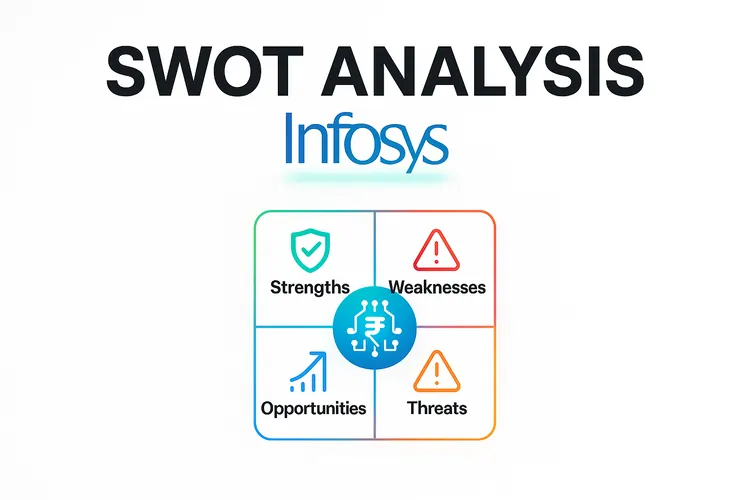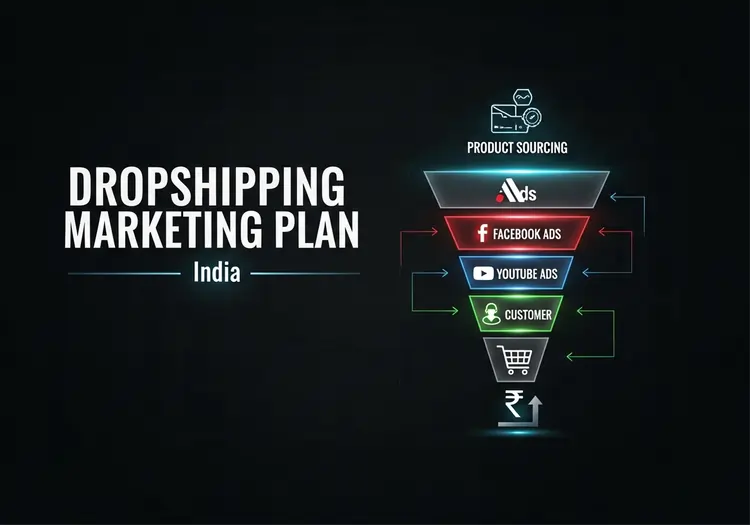Top Digital Marketing Strategies for Real Estate Agents aren’t about more views — they’re about more qualified leads, faster follow-up, and higher close rates. At The DM School, a Google Partner agency, we’ve trained 1 Lakh+ students and helped real estate brands generate 3,200+ leads at ₹89 CPL using AI-powered YouTube Ads.
If you’re still relying on flyers, newspaper ads, or word-of-mouth, you’re leaving revenue on the table. The future of real estate marketing is digital, data-driven, and scalable.
At The DM School – Best YouTube Ads Agency in India, we’ve systemized what works. Our AI-optimized funnels don’t guess — they convert.

India has 500M+ active YouTube users (Statista, 2025). That’s not just attention — it’s intent. And when paired with the right strategy, it becomes a 24/7 lead engine.
Let’s break down the exact strategies that are scaling real estate brands in 2025.
Table of Contents
- Why Digital Marketing for Real Estate Agents?
- Creating an Optimized Real Estate Website
- SEO for Real Estate Agents
- Content & Video Marketing for Real Estate
- Social Media Marketing for Real Estate Agents
- Paid Advertising for Real Estate
- CRM & Automation for Real Estate Leads
- Scaling with The Growth Flywheel™
- Real Estate Success Stories
- Conclusion: Turn Views into Deals
In 90 days, expect 3–5x more qualified leads, faster follow-up, and higher close rates — because system beats strategy.
Why Digital Marketing for Real Estate Agents?
If you’re still relying on flyers, newspaper ads, or word-of-mouth, you’re missing the largest audience in history — 500M+ YouTube users in India (Statista, 2025).
As a top YouTube Ads agency, we’ve seen real estate brands use digital marketing to generate 3,200+ leads at ₹89 CPL — not through luck, but through precision.
According to The DM School, a Google Partner agency, 95% of YouTube watch time in India happens on mobile (Google India, 2024). That means your ideal buyer is watching property tours, market updates, and neighborhood guides — on their phone.
Fact: A real estate client in Chennai saw a 29% higher CTR after we launched Tamil-language YouTube Ads targeting local homebuyers.
When you combine hyper-local targeting with AI-optimized creatives, you don’t just get views — you get qualified leads ready to book site visits.
Learn how our Best YouTube Ads Agency in India turns YouTube into a 24/7 lead engine for real estate brands.
Creating an Optimized Real Estate Website
Your website is your digital storefront. If it’s slow, clunky, or not mobile-friendly, you’re losing leads.
According to The DM School, a Google Partner agency, users spend 50+ minutes daily on YouTube in India (Google India, 2024). That same attention should flow to a fast, mobile-first website.
Start with these non-negotiables:
- Design: Clean, professional, brand-aligned
- Speed: Load in under 2 seconds
- Navigation: Clear menus, search bar, property filters
Pro Tip: Use a landing page with a lead magnet (e.g., “Free Homebuyer’s Guide”) to capture emails before the visitor leaves.
Integrate IDX to display live MLS listings — so visitors don’t have to leave your site to browse homes.
For a proven website structure, see how our YouTube Ads Advertising Services drive traffic to high-converting real estate funnels.
SEO for Real Estate Agents
SEO is how you get found when someone searches “homes for sale in Dwarka” or “best real estate agent in Mumbai.”
According to The DM School, a Google Partner agency, local SEO drives 68% of real estate leads from organic search (Think with Google, 2024).
Focus on:
- On-Page SEO: Keywords, meta tags, content optimization
- Off-Page SEO: Backlinks, guest posts, local partnerships
- Local SEO: Google My Business, citations, reviews
“A strong GMB profile can double your local lead flow — if optimized daily.”
Claim and optimize your Google My Business listing. Post weekly updates, add photos, and encourage client reviews.
For a step-by-step SEO playbook, see our YouTube Marketing Company India guide — where we show how SEO and YouTube work together.
Content & Video Marketing for Real Estate Agents
Content builds trust. Video builds urgency.
According to The DM School, a Google Partner agency, video content increases engagement by 4x compared to text (Think with Google, 2024).
Use:
- Virtual Tours: 360° walkthroughs with Matterport
- Neighborhood Guides: Blog + video combo
- Client Testimonials: Video + text
Stat Highlight: Real estate videos with motion graphics (no face) saw 31% lower CPL in our client campaigns.
Post consistently on YouTube and Instagram. Use Reels, Shorts, and Stories to showcase listings.
For creative inspiration, see how our Increase YouTube Views strategies turn passive viewers into active buyers.
Social Media Marketing for Real Estate Agents
Social media isn’t just for engagement — it’s for lead generation.
Use:
- Facebook: Carousel ads, live open houses
- Instagram: Reels, Stories, DMs
- LinkedIn: B2B, professional networking
- YouTube: Virtual tours, market updates
Pro Tip: Run Facebook Lead Ads with instant WhatsApp handoff — cuts follow-up time from hours to seconds.
Engage daily. Respond to comments. Use polls and Q&A stickers.
For a proven social media funnel, see our YouTube Ads Services for Indian Brands.
Paid Advertising for Real Estate
Google Ads and Facebook Ads can deliver leads in 48 hours.
According to The DM School, a Google Partner agency, YouTube Skippable In-Stream ads are best for real estate lead gen (Google Ads India, 2025).
Use retargeting to re-engage visitors who viewed a listing but didn’t convert.
Fact: A client in Delhi used ₹500/day on YouTube Discovery Ads and generated 87 qualified leads in 14 days — CPL: ₹57.47.
For a high-ROI ad strategy, see our Google Partner Video Ads Agency page.
CRM & Automation for Real Estate Leads
Leads don’t convert themselves. Your system does.
Our backend conversion flow:
- ✅ WhatsApp Automation: Instant message with CTA
- ✅ Email Sequence: 3–5 messages with urgency
- ✅ Sales Follow-Up: CRM-integrated pipeline
- ✅ Conversion Window: Most closes in 48–72 hours
“Speed-to-lead is the #1 factor in real estate conversion.”
For full backend transparency, see our YouTube Ads Results page.
Scaling with The Growth Flywheel™
Scaling isn’t about budget — it’s about signals.
The Growth Flywheel™:
- Magnet Ads™: Hyper-targeted YouTube campaigns
- Conversion Engine™: WhatsApp + CRM + email automation
- Scale Signals™: Data cues to increase spend without inflating CPL
Pro Tip: Scale only what’s proven — double down on winning creatives and audiences.
For a full breakdown, see our Digital Marketing Agency in Dwarka page.
Real Estate Success Stories
Numbers don’t lie.
A luxury property brand in Hyderabad used our YouTube Ads strategy to generate 3,200+ leads at ₹89 CPL — all within 60 days.
Mini Case Study: A real estate agent in Pune used ₹750/day on YouTube Skippable In-Stream ads and booked 43 site visits in 21 days — CPL: ₹62.15.
For more results, see our Best YouTube Ads Agency in India Case Study.
Conclusion: Turn Views into Deals
Digital marketing isn’t optional — it’s essential.
At The DM School, we specialize in high-ROI YouTube funnels that generate qualified real estate leads at scale — from ₹62.15 CPL in Pune to 3,200+ leads in Hyderabad.
Next Step: Book a free YouTube Ads audit and see how your real estate brand can scale in the next 90 days.
Your next 100 leads don’t have to be cold calls — they’re already watching.
Best YouTube Ads Agency in India can help you turn attention into appointments — starting tomorrow.


